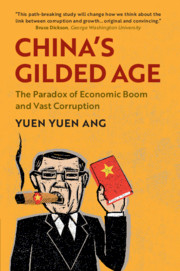International human rights law may serve as a language through which lawyers and others describe the harms resulting from corruption, but this approach has significant limitations as a legal framework. Despite a growing emphasis among scholars and practitioners on a human rights approach to the problem of corruption, this body of law does not provide a strong basis for addressing such conduct. International human rights treaties make no mention of corruption, and human rights treaty bodies have not brought conceptual clarity to the question of how corruption violates or undermines human rights. Given that human rights law binds States alone, it is also ill-suited to a phenomenon that typically occurs at the intersection of the public and private sectors. Even as a language for describing how corruption harms social and economic rights, human rights law has its limitations, some of which come into relief when compared with the field of development economics.
